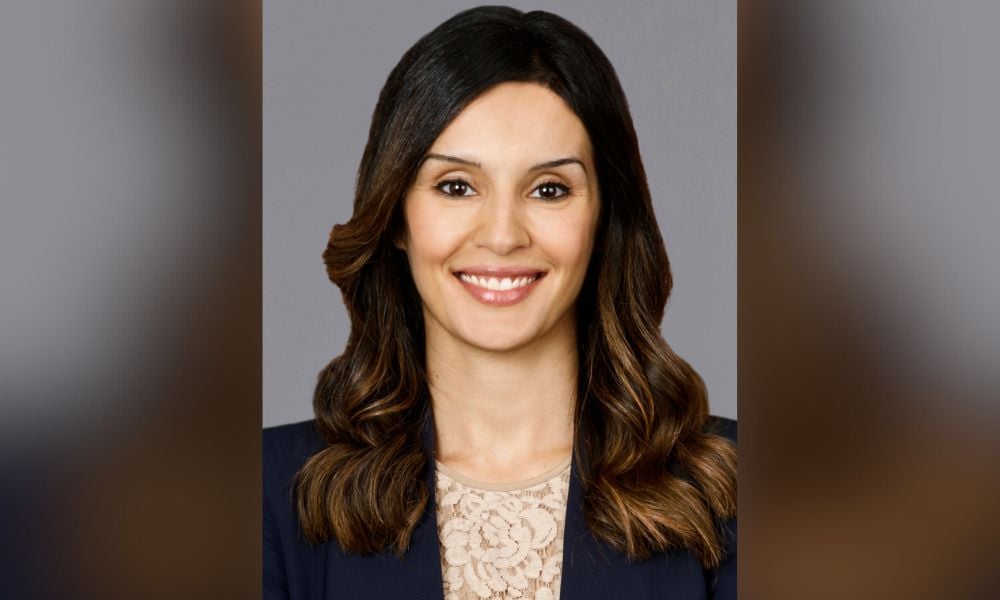
The program launched in January to improve client retention

Nearly 10 months after launching a program to enhance its relationships with clients, Cassels has seen positive feedback, improved client retention, and even something the firm wasn’t explicitly gunning for: increased revenue.
That’s according to Stefanie Holland, Cassels’ client relationship partner and the developer of the firm’s first client listening program. The program’s focus wasn’t necessarily to make the firm more money but to garner detailed feedback from existing clients and take steps to ensure their needs were being met.
Still, “seeing an increase in revenue, I think, really is a sign that this initiative is successful, and it is working,” Holland tells Canadian Lawyer. “And it is helping to strengthen those relationships and to keep those clients.”
The seed for the client listening program was planted years ago when Cassels revealed a plan within the firm to implement various strategic initiatives. One of these initiatives involved improving the firm’s process for client management, partly by getting constructive feedback from clients.
When Holland – previously a partner in Cassel’s litigation group and chair of the firm’s product liability group – took leadership of the initiative, “I really didn't want to do an electronic survey,” Holland says. “I just didn't think that that was the way we wanted to achieve top-tier client service.
“In my mind, client service is going the extra mile, and in some cases, it’s flying to a different city to physically meet with that person in their office and saying, ‘What are we doing [well]? Where could we improve?’” Holland adds.
At the program’s launch in January, Holland compiled a list of about 50 of the firm’s clients, divided into two groups: those who were not frequently reaching out to the firm and those who were working with the firm in one area but could potentially use the firm’s services in other areas as well. The program involves meeting with each client, which Holland prepares for by working with their lawyers at Cassels to compile a “snapshot” of their fees, matters, and other potential needs.
At meetings, Holland will ask clients for feedback on Cassel’s strengths, potential areas for improvement, and their priorities. Holland then compiles a report with an action plan, and after the plan is implemented, she’ll check in with each client for additional feedback.
Things clients have asked for at meetings have included seminars on specific topics, training sessions, or even introductions to lawyers in specialized practice areas.
Lawyers are frequently so busy working on matters for their clients that they neglect to ask, “What are other areas we can be serving that we’re currently not?” Holland says. “So, by me going in there and asking these questions, and them saying, ‘Well, we're looking to grow this area,’ or ‘we're not happy with this cybersecurity lawyer that we're working with this firm’... it allows us to facilitate those introductions.”
Connecting existing clients to lawyers across different practice areas is one of the main ways the client listening program has driven up revenues, Holland adds.
While the program's benefits have been clear, Holland says certain conditions were necessary for it to succeed at Cassels. Client surveying is not a new practice, but a willingness to take constructive feedback to heart is not always guaranteed.
“I think a firm has to be culturally ready to ask for their client's genuine feedback, and then to absorb it and be accountable for it, and then to evolve based on what our clients are saying,” Holland says.
“It does take a certain culture to do something like this in an industry that will rarely ask for… constructive feedback from clients.”